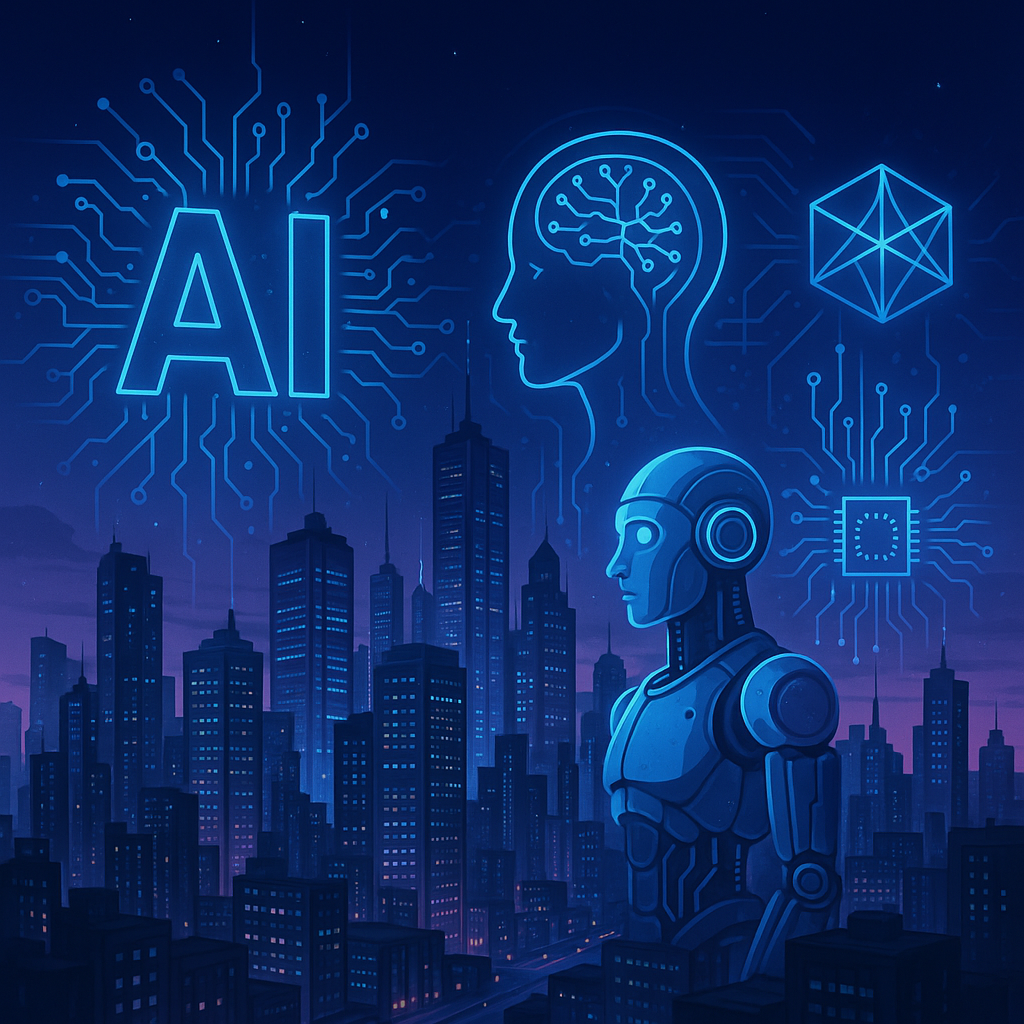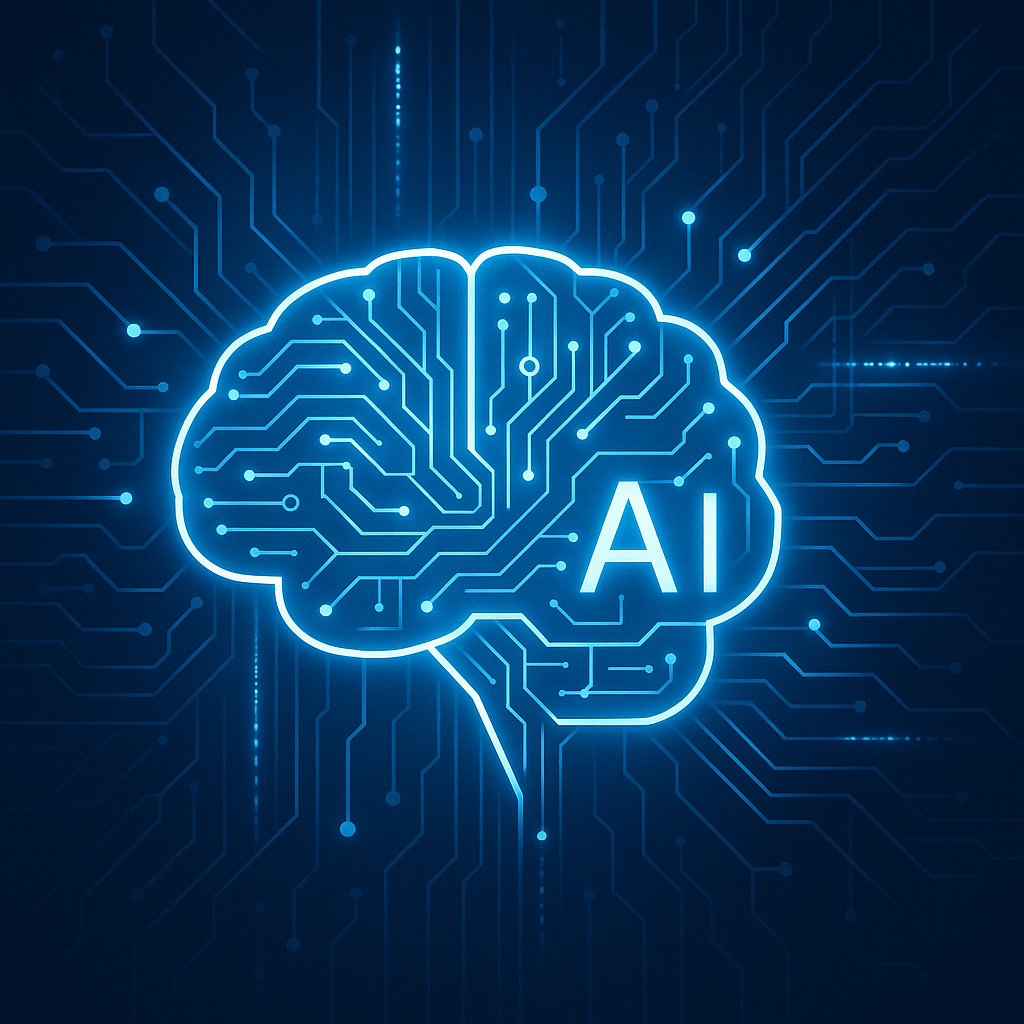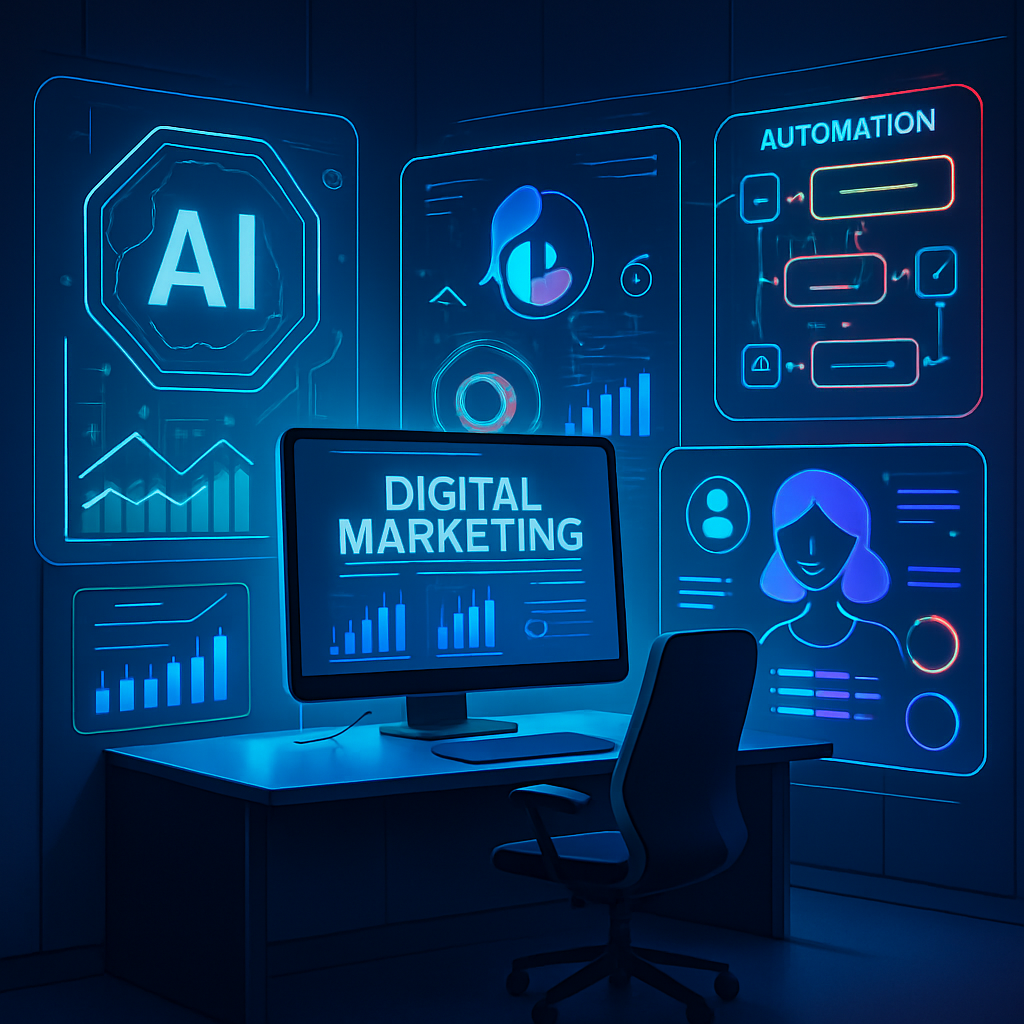
Revolutionizing Healthcare with Artificial Technology in Diagnosis and Treatment
The Emergence of artificial Technology in Modern Healthcare
The healthcare sector in 2025 is experiencing an unparalleled transformation driven by advances in artificial technology. From early diagnostic tools to personalized treatment regimes, these technologies are reshaping the patient care landscape with unprecedented precision and efficiency. Far beyond mere automation, artificial technology integrates complex data analysis, imaging interpretation, and decision support to support clinicians and empower patients.
Enhancing Patient Diagnosis Through AI-Powered Tools
Revolutionizing Medical Imaging Interpretation
Medical imaging—such as MRI, CT scans, and X-rays—has traditionally relied on radiologist expertise. Today, artificial technology leverages deep learning algorithms that can analyze thousands of images swiftly and with remarkable accuracy. For instance, AI systems now detect subtle anomalies in imaging data that may elude even experienced professionals, such as early-stage tumors or microfractures.
One notable development in 2025 includes multimodal imaging AI platforms that integrate data from different imaging techniques, offering a holistic diagnostic assessment. This technology reduces diagnostic errors and accelerates the identification of conditions, leading to early intervention and improved prognosis.
Predictive Analytics and Risk Stratification
Advanced artificial technology platforms analyze patient histories, genetic data, lifestyle factors, and real-time health metrics to predict disease risk more accurately. These predictive models enable healthcare providers to stratify patients based on their likelihood of developing certain conditions, such as cardiovascular diseases or diabetes, thereby facilitating preventive measures tailored to individual needs.
Transforming Treatment with Personalized Medicine and AI
Customized Therapeutic Plans Tailored by Artificial Technology
Personalized medicine has gained momentum due to artificial technology's ability to integrate genomics, proteomics, and patient-specific data. Algorithms now recommend treatment protocols optimized for unique genetic profiles and disease manifestations. For example, oncology patients benefit from AI-driven treatment planning systems that suggest targeted drug regimens with higher efficacy and fewer side effects.
Real-Time Monitoring and Adaptive Treatment
Wearable devices and implantable sensors connected to artificial technology platforms monitor vital signs and biochemical markers continuously. This real-time data feeds into AI systems that dynamically adjust treatment parameters, such as insulin delivery for diabetics or dosages for critical care patients. These closed-loop systems exemplify the leap from static treatment plans to fluid, responsive healthcare management in 2025.
Practical Examples of Artificial Technology in Healthcare Delivery
AI-Enabled Diagnostics for Rare Diseases
Rare diseases often pose diagnostic challenges due to limited clinical familiarity and overlapping symptoms. AI-driven diagnostic support systems aggregate global case data and medical literature to assist clinicians in identifying these conditions promptly. Recent implementations have shortened the diagnostic odyssey for many patients, enabling earlier access to appropriate care.
Robotics and AI Collaboration in Surgery
Robotic surgical platforms integrated with artificial technology algorithms assist surgeons by providing predictive analytics on patient responses, optimizing incision paths, and enhancing precision. These collaborative systems minimize complications and improve recovery times, reflecting a significant advancement in surgical interventions.
Challenges and Ethical Considerations
Although artificial technology's benefits in healthcare are profound, challenges remain. Data privacy and security are paramount because these AI systems process sensitive patient information. Transparency in AI decision-making and avoiding algorithmic biases that may impact care equity also require ongoing attention. Furthermore, the integration of AI must complement—not replace—the clinical judgment and empathy essential in medicine.
Looking Ahead: The Future Impact of Artificial Technology on Healthcare
By mid-2025, artificial technology has firmly established itself as an indispensable component of modern healthcare. Continuous improvement in AI algorithms, along with expanding access to digital health tools, promises to democratize high-quality patient diagnosis and treatment worldwide. As these intelligent systems evolve, they will not only augment healthcare practitioners’ capabilities but potentially reshape the doctor-patient relationship into a more collaborative, data-informed partnership.
The vision of artificial technology supporting predictive, preventive, personalized, and participatory medicine is rapidly becoming reality, heralding a new era where healthcare is more precise, efficient, and patient-centric than ever before.







